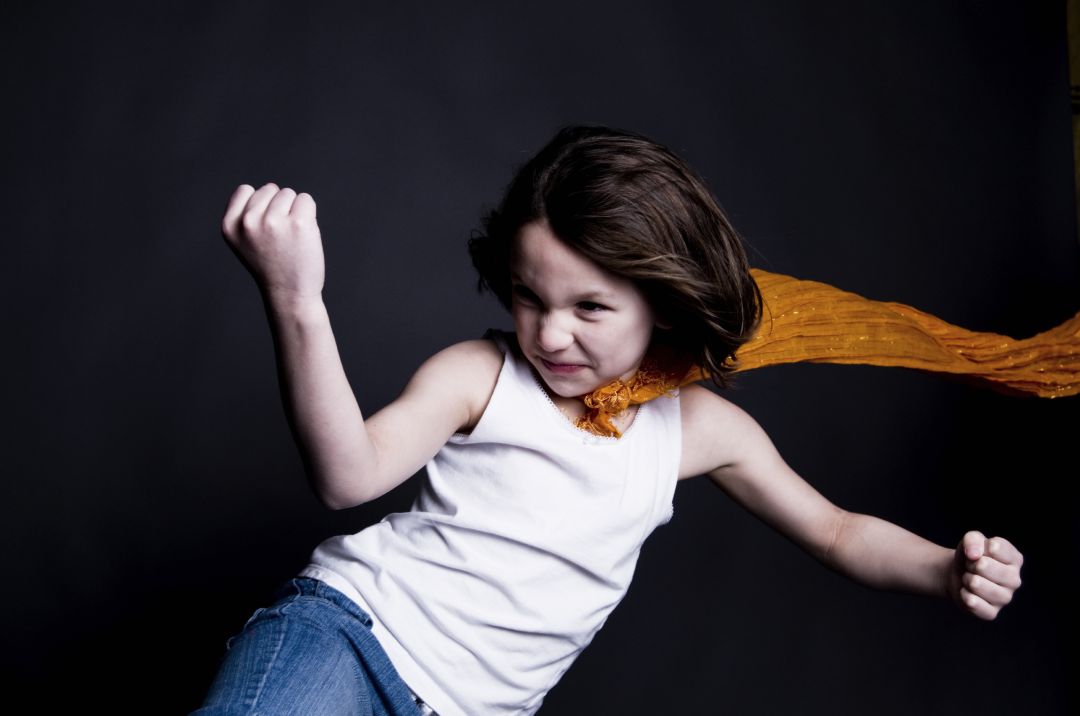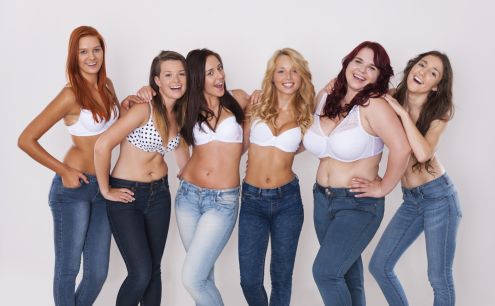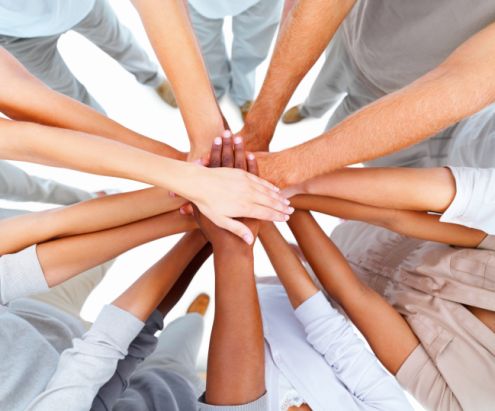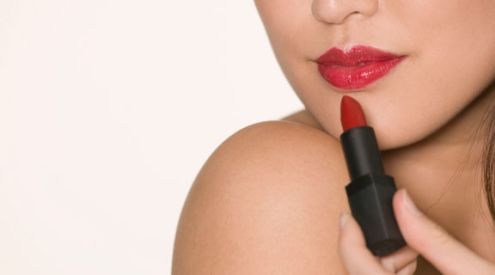Are female empowerment ads patronising or powerful?
Are the trendy female empowerment adverts from brands such as Pantene using feminism for their own gain, or are they creating a positive narrative that will reach huge audiences?

We’re all familiar with Dove’s ‘Real Beauty’ campaign, and you might have seen Pantene’s ‘Not Sorry’ advert which shows different scenarios of women apologising in daily life for things like ‘asking a stupid question’ at work or passing the baby to her partner while she's trying to cook dinner for the family.
Chic, glossy and set to a background of inspirational music, the ‘female empowerment’ advertising trend has been used in campaigns by brands such as Dove, Pantene and Always. Applauded by some and rejected as patronising by others, are they just jumping on the feminist bandwagon to boost their sales, or are they aligning themselves with positive values for women by promoting their product and female empowerment at the same time?
The best ad is probably the new Always ‘Like a girl’ campaign, which asks a group of people, young/old, female/male, what they think running and throwing ‘like a girl’ looks like. The only group that don't start flapping arms and jumping on tip-toes screaming are the girls themselves – prepubescent, preteen girls – who run strong and sleek, and throw with force and aim. The Always ad sends a similar message to Dove’s self-esteem programmes ad, showing girls giving up activities such as swimming and gymnastics as they get older because they are uncomfortable with their body image. Dove calls for us to work with them and Beat, a charity focusing on eating disorders to change this.
Many of these adverts have been mocked with parody sketches and criticised by journalists for being too simple or condescending. And I have to admit, if you watch them all in one go you might begin feel a little nauseous; the Hollywood factor has been added for impact, hoping to bring a tear to your eye. But overall, are these ads really bad news for feminism?
Some might argue they are, but while some of the campaigns may be shallower than others, I can only think that these adverts are, in general, a positive move for women and equality, and the reason is this: most children and teenagers probably aren’t surfing feminist articles online or reading Laurie Penny’s new book on modern feminism Unspeakable Things (Bloomsbury, £12.99). The increase in female cabinet ministers by David Cameron in the recent reshuffle and the fallout discussions after it was announced probably aren’t on their radar, and the recent vote in favour of allowing women to be appointed as bishops might not be of interest to school kids excited by a new One Direction video or Xbox game.
Kids don't necessarily see the discussions about equal pay and rape culture in the media. But these issues affect them, and what exposure they do have to these issues and others, including body image and gender stereotypes, will shape their views and values for years to come.
So when these female empowerment adverts from beauty and health brands pop up on screens while young people are watching Britain’s Got Talent or playing games online, the glossy hair might capture their attention, the inspirational music might move them, they might engage with the message, if only for a minute, and these positive female values are placed into the mass media, planting ideas and challenging preconceptions.
Maybe these brands are jumping on the feminist bandwagon, but if they are promoting positive body image, questioning how society views women, and promoting equal gender rights in places and on platforms that we don’t usually see these messages, well I’d say that’s probably doing more good than harm.
And if I happen to get a little tear in my eye watching women realise their real beauty, or get goosebumps from watching women stop saying sorry for nothing at all, well, don't judge me. It’s the inspirational music, and all that glossy hair.
Photograph: iStock
More inspiration
Read Is women's increasing power helping to reduce violence? by Jane C Woods on Lifelabs
Read Power is financial independence by David Meckin on LifeLabs
Read Can this lipstick make you powerful? by Mandy Lehto on LifeLabs









